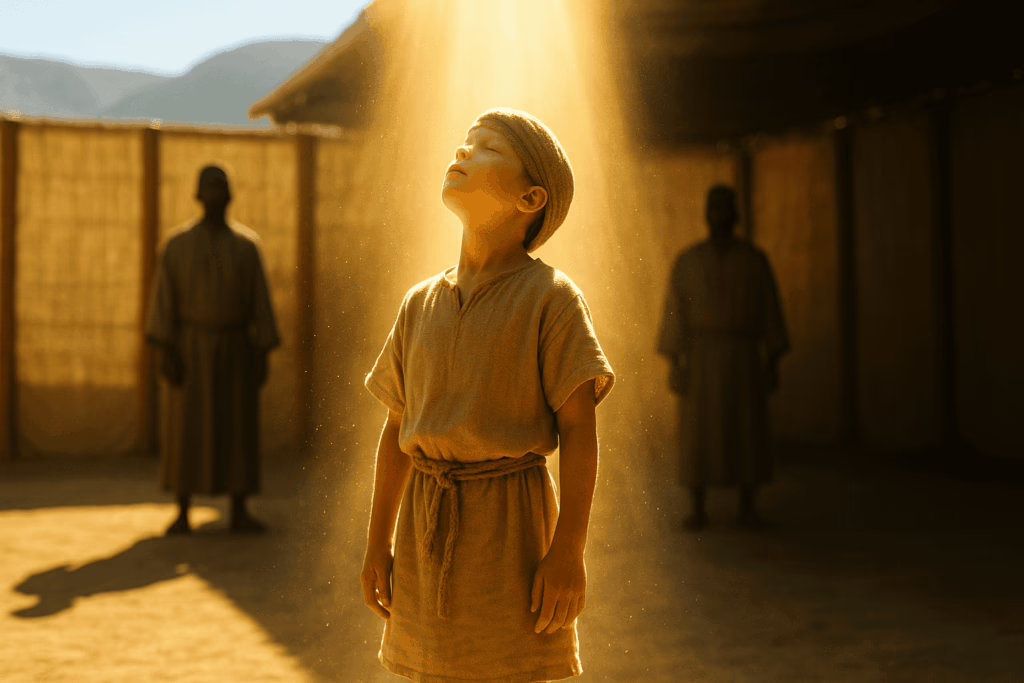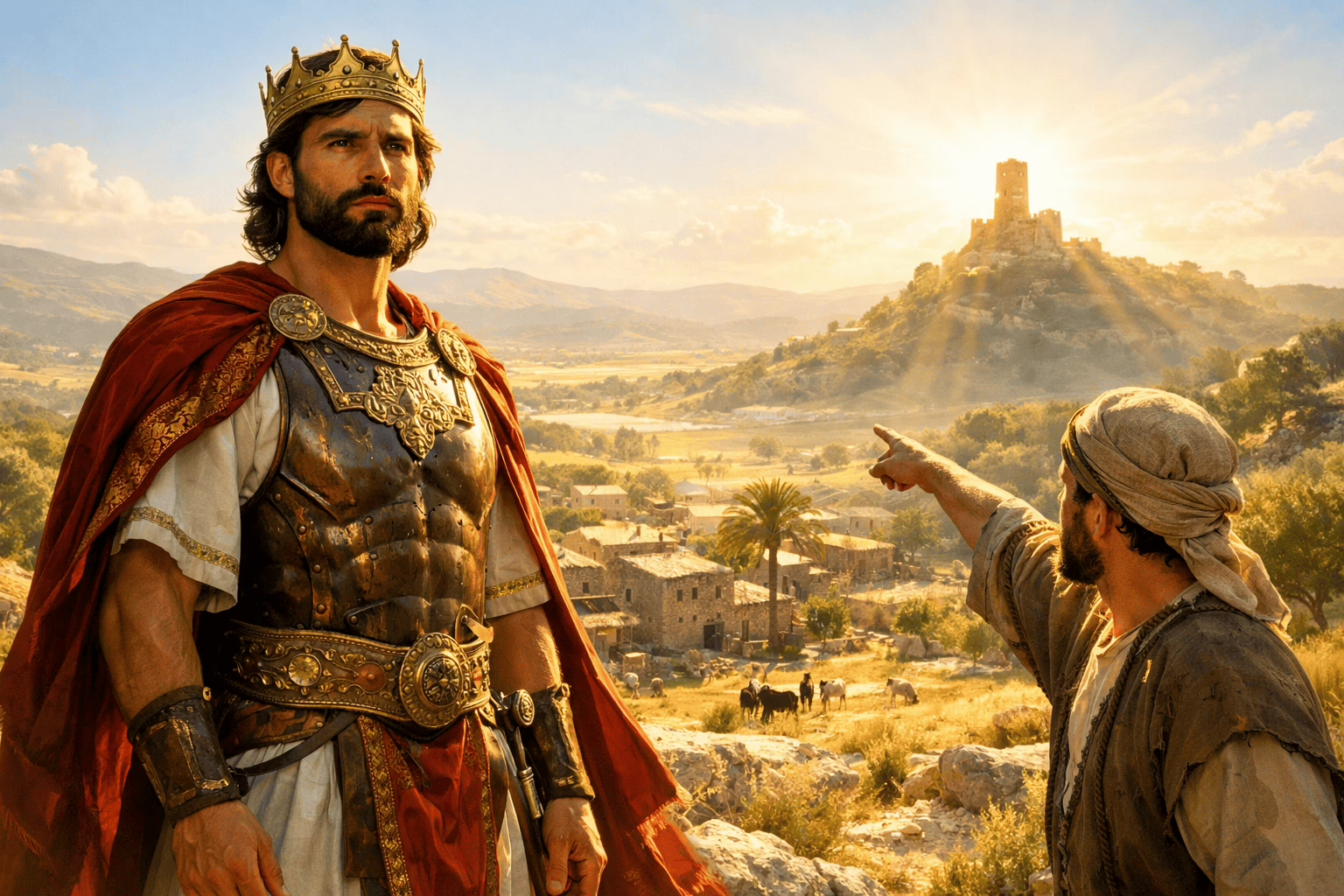In this week’s expository study of 1 Samuel 2, Dr. Baruch Korman takes us deep into a powerful biblical contrast: on one side, Samuel, a child raised in reverence and devotion to the L-rd; on the other, the sons of Eli, priests who lived in open rebellion against G-d. This contrast is more than a historical narrative—it’s a mirror held up to every believer, every parent, and every spiritual leader who desires to walk faithfully before the L-rd.
A Child Who Walked With G-d
Scripture reveals that Samuel, even as a young boy, “ministered with the L-rd.” The original Hebrew emphasizes his closeness and intimacy with G-d. His service was sincere, humble, and rooted in the faithful example of his parents—especially his mother, Hannah.
Every year, as she traveled to Shiloh to worship and fulfill her vows, she brought Samuel a small priestly garment—an expression of love, devotion, and spiritual intentionality. Samuel’s integrity did not appear by chance. It was shaped by a G-dly home, parents who worshipped consistently, and a mother whose faith had marked his life deeply.
The Opposite Example: Eli’s Sons
In sharp contrast, Eli’s sons were called “sons of Belial”—a Hebrew expression meaning thoroughly wicked, intentionally corrupt, and willfully rebellious against G-d. They misused their priestly authority, demanded offerings G-d had forbidden them to take, and treated worship as a personal means of indulgence.
They did not “know the L-rd”—not merely in intellect, but in experience, intimacy, or relationship. Their sin was so severe that Scripture says it was “very great before the L-rd.”
Where Samuel walked with G-d, they walked away from Him.
Hannah’s Faithfulness and G-d’s Reward
Because Hannah honored her vow and lived in full commitment to the L-rd, Scripture says:
“The L-rd visited Hannah.”
He blessed her with more children—three sons and two daughters—demonstrating a timeless truth:
When we are fully committed to G-d, G-d responds with complete faithfulness.
The Hebrew word pakad—“visited”—means to give fully, completely, lacking nothing. G-d is “all in” toward those who walk in His will. But the same is true in reverse: those who reject His ways will experience His judgment in full measure.
Legacy Through Example
The spiritual outcome is clear:
- Samuel grew with the L-rd.
- He became one of Israel’s most influential leaders.
- His character reflected the character of G-d Himself.
Why?
Because Hannah and Elkanah lived with spiritual consistency. They worshipped faithfully. They fulfilled their vows. They placed the priorities of G-d above their own. Their devotion shaped not only their child—but generations.
A Call to Parents and Believers Today
What kind of spiritual legacy are you building?
Are your children seeing faithfulness?
Do they witness worship, prayer, obedience, and sacrificial commitment to G-d?
Are you modeling a life where G-d’s priorities define your daily choices?
Just like Samuel, your children will learn from your example.
Just like Eli’s sons, they can also learn rebellion from inconsistency.
The question is not whether your influence is shaping them.
The question is toward what it is shaping them.
Choose Faithful Influence
Let us decide—intentionally and wholeheartedly—to walk as Hannah did:
• devoted
• consistent
• sacrificial
• committed to G-d’s will
• shaping a generation that will walk “with the L-rd.”
May we become parents, leaders, and believers whose faithfulness produces spiritual fruit for generations.
Shalom from Israel.
Learn More
Visit LoveIsrael.org for more Bible teachings, articles, and video messages from Dr. Baruch.
You can also watch this full teaching on YouTube at LoveIsrael Channel or listen through the My Bible Study mobile app.




